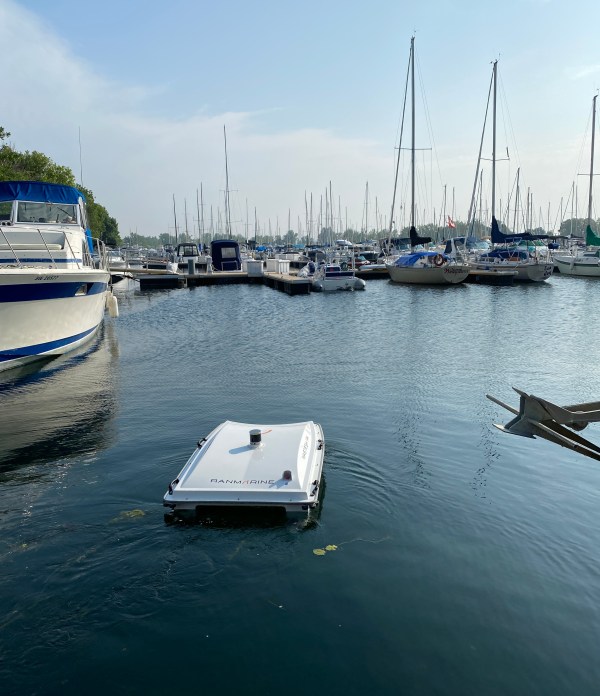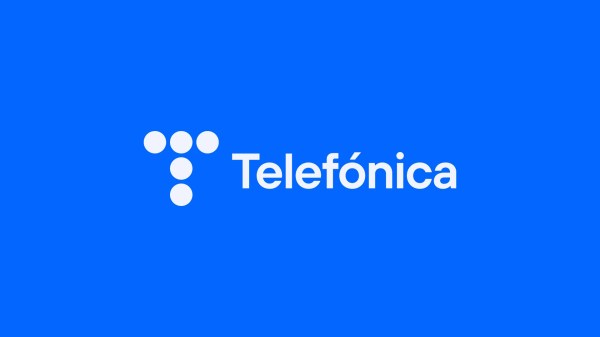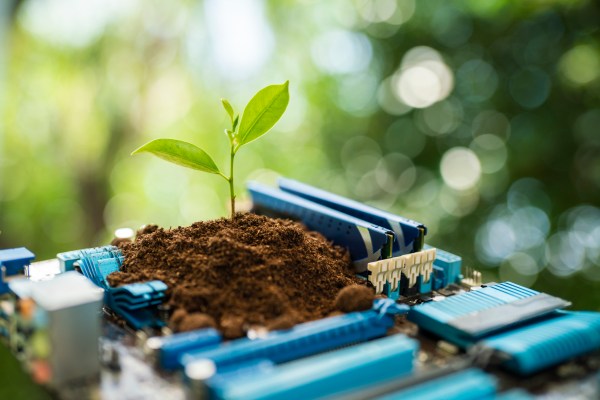The Sustainable Development Goals (SDGs) are now a decade old and Telefónica has made significant progress in improving people’s lives by investing €77 billion in the deployment of sustainable, resilient and high-quality infrastructure and services. This has facilitated the inclusion of use and access generated quality employment and promoted the economic development of the societies in which Telefónica operates.
“For Telefónica, the Sustainable Development Goals represent a lever to strengthen our competitiveness and enrich our value proposition. Moving forward in line with the SDGs contributes to the sustainability of the business, as well as to our transformation. In this context, responsible digitalisation becomes a key element in accelerating compliance,” says Elena Valderrábano, Global Director of Sustainability (ESG) at Telefónica.
Among the 17 goals set out in the SDGs, the telecommunications company focuses on goal 9 (industry, innovation and infrastructure) as the cornerstone of its strategy driving growth across in society. Over the last 10 years, Telefónica has sought to make communications networks available to everyone, in both urban and rural regions, and has contributed to providing affordable, accessible digital technologies for all.
To this end, Telefónica currently has almost 350 million accesses; the group has reached 81.4 million premises passed (PPs) with FTTH connections and also has the largest ultra-broadband network deployment in the world after China. The company has achieved 98% mobile coverage with 4G in its key markets and offers mobile broadband coverage in rural areas, for example 95% in Spain, 99% in Germany and 85% in Brazil.
Spain is the country with the company’s largest fibre deployment, enabling digital transformation and the switch-off of the copper network, leading Europe in broadband connections and making it a benchmark for advanced connectivity.
Technology at the service of people
These deployments have promoted digital inclusion in the countries where Telefónica operates. To achieve this, other goals, such as SDG 4 (Education) and SDG 5 (Gender Equality), are key in helping to reduce the digital divide in all social and educational areas through Fundación Telefónica programmes, which in 2024 alone have impacted 1.16 million people trained to improve their employability.
Similarly, progress has been made in areas such as diversity. In 2015, 19.1% of the company’s women executives, and today, in 2025, that figure stands at 34%.
Decarbonisation, the path to a greener planet
Climate change is a central issue due to its ability to compromise the achievement of the Sustainable Development Goals as a whole. Telefónica identifies with its pillar ‘Building a greener future’, acknowledging the magnitude of the challenge and acting ambitiously in response to the urgency in this area, focusing mainly on four of the environmental SDGs in the Agenda. Its goal of net zero emissions by 2040 marks its Climate Action Plan and is ten years ahead of international agreements.
In the period 2015-2024, the telco has reduced its CO2 emissions by 52%, including the value chain, and reduce its energy consumption per unit of traffic by 90%. This was achieved despite a sharp increase in digitalisation and the amount of data passing through its telecommunications networks.







